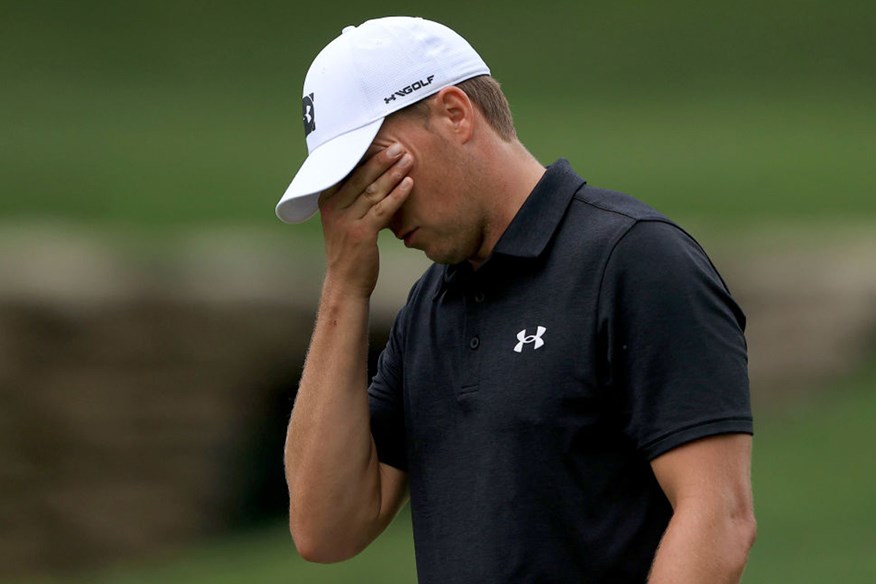Why the harder you try, the worse golf you play
Last updated:
Why trying harder may be making you worse at golf – and how to fix it
In most sports, trying hard is easy to see and its benefits obvious; consider a midfielder working to close down his opponent, a bowler steaming in to gain speed or rugby backs getting off the line fast to counter an attack. It is culturally wired into us that if we put the effort in, we’ll be rewarded. But in golf, trying hard is not so easy to quantify – nor its benefits so clear.
Related: Lower your scores with strategy tips from the world’s best golfers
How would you picture a golfer who was ‘trying hard’? Perhaps shut off, focused, insular, in a cocoon of concentration? For golf, that’s probably about as close as it gets. Yes, there are some golfers out there for whom this approach might work; but for most of us, this won’t necessarily translate into better scores – and we see it every week.
For the vast majority of club players, golf is a social game. When we play in this way we are wide-focused, talking to others and taking in the scene. This also tends to be when we have played our best. Then a competition rolls around; we become quieter and sterner, get our game face on… and typically play worse.
Just 10% of a round of golf is spent executing shots – 90% is something else. Becoming quieter and more withdrawn in an effort to focus harder is merely creating intensity in the wrong places.
Related: Putting coach Phil Kenyon saves you six shots per round

Focusing is hard work – that’s why air traffic controllers must take a 30-minute break every one-and-a-half hours. Ultimately, by ‘trying harder’, you are sapping your energy for that vital 10% of the time when you really need it. On the world’s professional tours, the best caddies are great distractors. They stop that intensity between shots by talking about anything other than golf. This helps their player tune out, and tune back in again before the next shot. This, typically, is a much more effective approach than ‘trying hard’.
The other problem with pushing too hard for golfers is that it can take us away from the task at hand. In those other sports, trying hard is an immediate thing with an instant benefit; but in golf, trying hard often becomes a prediction of a distant outcome.
RELATED: How to cope when your form deserts you
We have all stood on a tee, full of positive resolution, thinking “Right, I’m going to birdie or par this hole.” But not only is that an outcome we can’t control; it is also one that is still three or four shots away. We need to be focusing on the shot at hand, not a future score. This kind of effort can, in fact, ruin the very focus we are trying so hard to attain.
It is a given, though, that golfers are no different to players of other sports; we want to feel we are applying ourselves, that we are giving our best. And here are two proven and genuinely effective commitments that will do just that.
1. Commit to rationing your effort.
Accept it is perfectly possible to laugh, chat, be outward-looking between shots, while still giving the shot itself your full focus and attention. Golfers from Lee Trevino to Andrew ‘Beef’ Johnston have shown us this. Work hard at your ability to switch on and off.
RELATED: Five simple steps to lower golf scores
2. On your next round, commit to working hard at your reaction to the shot you’ve just hit.
Getting better at your responses – at dealing with whatever setbacks you have – is one of the surest ways to improve your performance, because it allows you to find your best possible frame of mind for the next shot. As Padraig Harrington once said, “You can’t make birdies, you can only create the conditions for them.” Trying hard in those moments after the shot is a major key to accessing those conditions.
Let Karl Morris train your golf brain at The Mind Factor and check out his Brain Booster Podcast.


